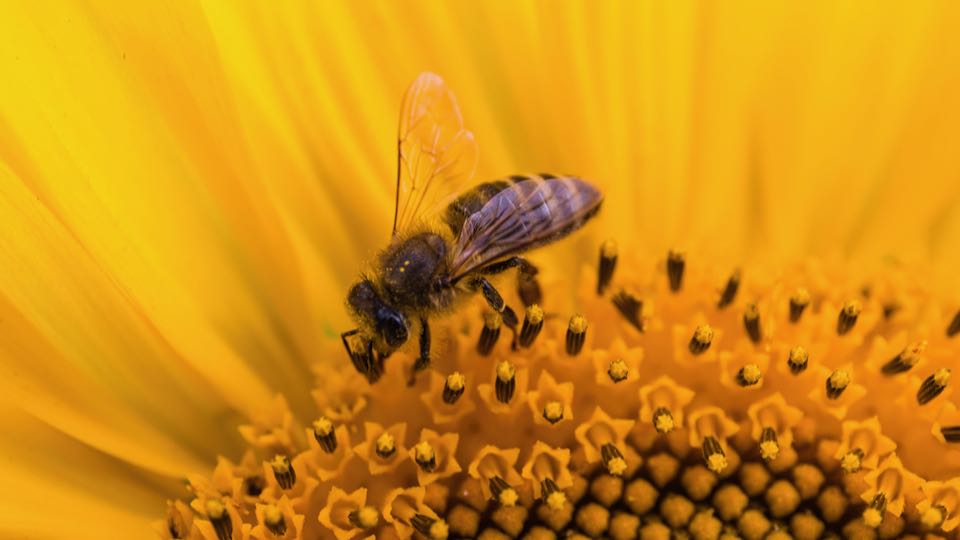Biodiversity: Humanity destroys the essentials of life

Many wild animals and naturally occurring plants are part of the foundation of life for billions of people. However, these offerings from nature are increasingly threatened by overexploitation. Yet people benefit daily from the use of wild species for food, energy, materials, medicine, recreation, and other vital contributions, explains the World Biodiversity Council IPBES in Bonn.
The accelerating global biodiversity crisis, with one million plant and animal species threatened with extinction, is putting these contributions to humanity at risk, according to anIPBES report on the sustainable use of wild algal, animal, fungal, and plant species presented Friday. The authors examined four areas in which humans use wildlife: Hunting, fishing, logging, and gathering plants.
Humans benefit from about 50,000 wild species. About 10,000 of theses species, for example, are used for food.
According to the report, exploitation of wildlife currently threatens about 1300 excessively hunted mammal species, and 34 percent of fish species are endangered due to overfishing. Human overexploitation of wild species could lead to the largest mass extinction since the dinosaurs, according to the report.
According to the authors, “transformative change” is needed to prevent the extinction of wild species and preserve ecosystems vital to humans. “There is an urgent need to introduce and strengthen effective policy tools.”
Poorer people particularly dependent on resources
Rural populations in developing countries are often forced to continue using already endangered species for lack of alternatives, the authors explained.
“Nearly half of the world’s population relies to a greater or lesser extent on the use of wild species. This is much broader than most people think,” explained John Donaldson, co-chair of the World Biodiversity Council.
Overfishing and deforestation
According to the report, fisheries are one of the most important sources of food for humanity, providing 90 million metric tons of food annually – for direct consumption or as animal feed. Yet 34 percent of the world’s fish stocks are considered overfished.
Small-scale fishing, which accounts for 90 percent of the world’s fishermen, is not organized sustainably and is difficult to regulate. The problem is particularly evident in Africa and in coastal fisheries in Asia, Latin America and Europe.
Among tree species, one in eight wild species is threatened by unsustainable deforestation, he said. With 2.4 billion people, about one-third of the world’s population relies on firewood for cooking. An estimated 880 million people worldwide – especially in developing countries – cut firewood or produce charcoal.
Twenty percent of tropical forests are currently threatened by selective logging. This can at least be contained where indigenous peoples (in German) use the forests and, in the best case, where ownership rights are legally secured. Unsustainable collection is one of the greatest threats to plant groups such as cacti, cycads and orchids.
“Feel-good wisdom”
The report was passed at a congress in Bonn with more than 900 representatives of the 139 member states of the World Biodiversity Council. 85 experts from 33 countries had worked on it for four years.
Among others, Rainer Froese from the Helmholtz Centre for Ocean Research (Geomar) in Kiel expressed criticism to Science Media Center: “The key messages are unfortunately very general. There is no call for urgently needed action, such as ending overexploitation with a binding timetable. Just general feel-good wisdom that everyone can agree with.”
Matthias Glaubrecht, professor of animal biodiversity at the University of Hamburg, told Spiegel Online, “We don’t need more reports, we need political action at last.” Such reports have been around for decades, he said, and the situation has continued to deteriorate, for example in the case of species losses caused by deforestation.
IPBES, the Intergovernmental Platform on Biodiversity and Ecosystem Services, has been operating in Bonn on the UN campus there since 2014. Three years ago, the World Biodiversity Council’s first main report caused a global sensation when it found that human exploitation of nature threatens around one million species. The report aims to provide decision-makers with options for action. (dpa / hcz)